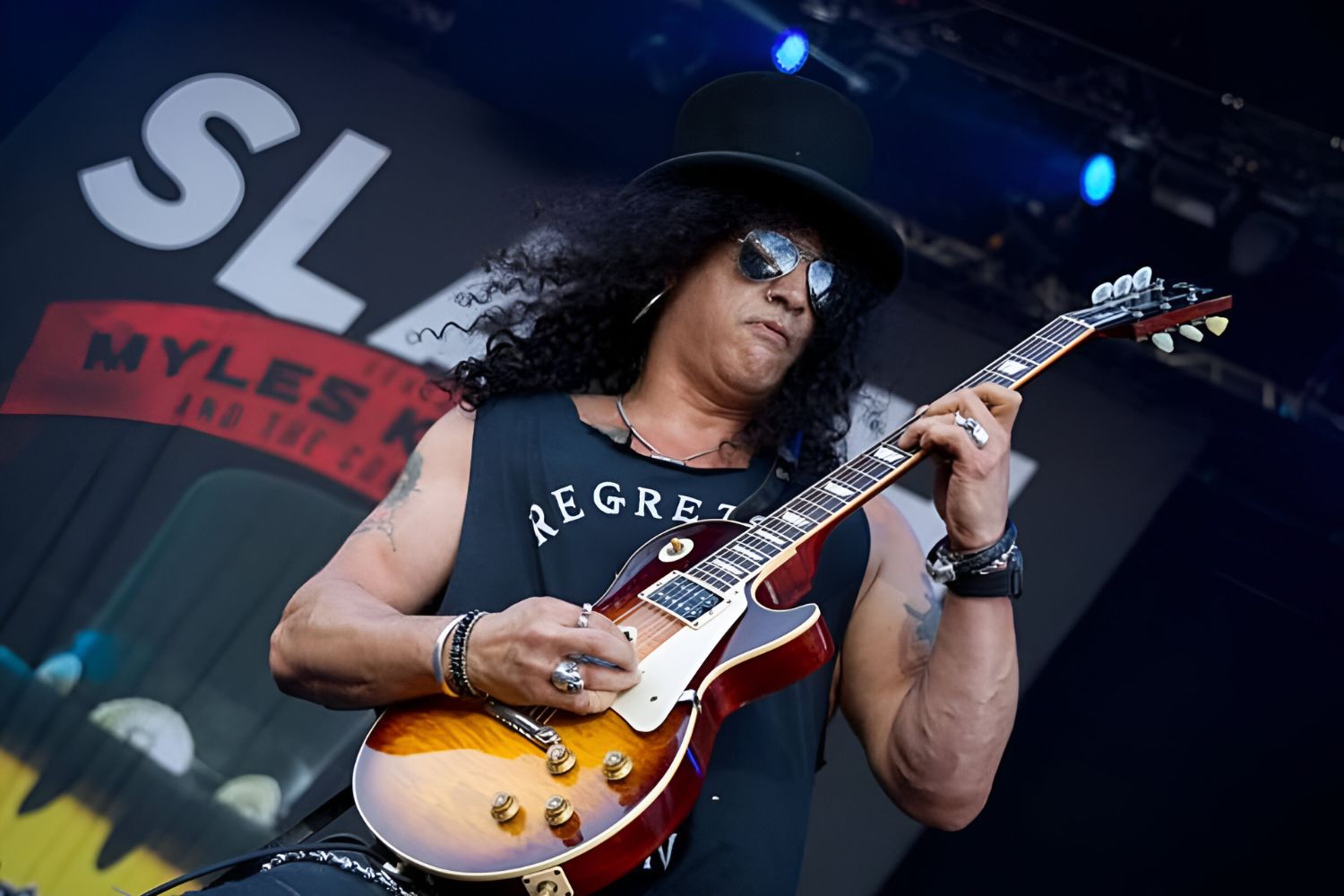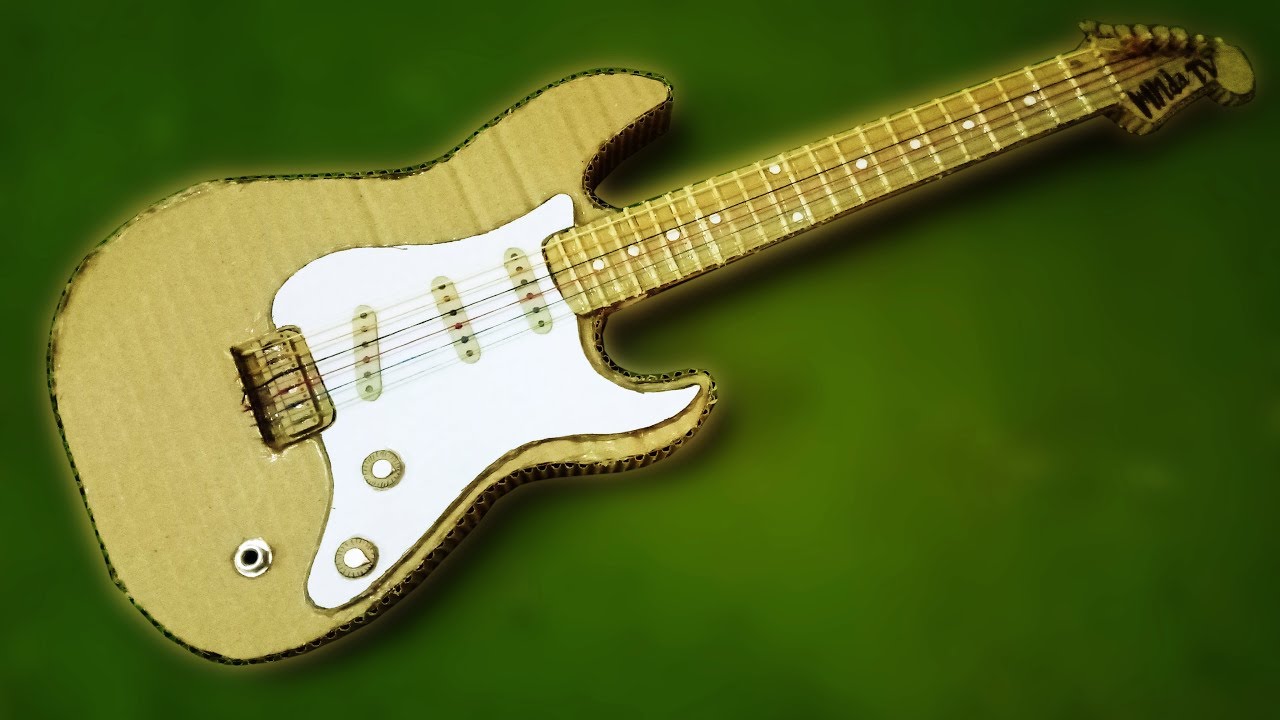Jimi Hendrix: The Guitar Legend
Jimi Hendrix, born Johnny Allen Hendrix on November 27, 1942, in Seattle, Washington, is widely regarded as one of the most influential electric guitarists in the history of popular music. His revolutionary approach to the instrument and his innovative use of amplification and effects forever changed the landscape of rock music.
With his band, The Jimi Hendrix Experience, he released three groundbreaking albums in the late 1960s, including “Are You Experienced,” which showcased his virtuosic guitar skills and experimental sound manipulation techniques. Hendrix’s performance at the Woodstock Festival in 1969, where he delivered a mesmerizing rendition of “The Star-Spangled Banner,” further solidified his status as a guitar icon.
His style, characterized by his unparalleled stage presence, masterful improvisation, and the ability to coax an astonishing range of sounds from his instrument, continues to inspire and influence generations of guitarists across genres. Hendrix’s use of feedback, distortion, and wah-wah pedals expanded the sonic possibilities of the electric guitar, paving the way for future generations of musicians to explore new sonic frontiers.
Tragically, Jimi Hendrix’s life was cut short at the age of 27, but his impact on the world of music endures. His innovative techniques and boundary-pushing approach to the electric guitar have cemented his legacy as a true pioneer, and his influence can be heard in the playing of countless guitarists who followed in his wake.
Eric Clapton: The Guitar Virtuoso
Eric Clapton, born on March 30, 1945, in Ripley, Surrey, England, is a legendary figure in the world of electric guitar. Often referred to as “Slowhand,” Clapton’s soulful playing and emotive phrasing have earned him a place among the most revered guitarists in the history of popular music.
Clapton’s career has been defined by his ability to effortlessly traverse musical genres, from his early days with The Yardbirds and John Mayall & the Bluesbreakers to his tenure with the supergroup Cream and his successful solo career. His mastery of blues, rock, and pop styles has garnered him widespread acclaim and adoration from fans and fellow musicians alike.
One of Clapton’s most iconic performances is his rendition of “Layla,” a song that showcases his impeccable technique and deeply expressive playing. His ability to infuse raw emotion into every note has solidified his status as a guitar virtuoso, and his influence can be heard in the playing of countless artists who followed in his wake.
Beyond his technical prowess, Clapton’s songwriting and vocal abilities have further cemented his status as a music icon. His timeless compositions, such as “Wonderful Tonight” and “Tears in Heaven,” resonate with audiences across generations, showcasing his versatility and enduring appeal.
Eric Clapton’s impact on the world of electric guitar cannot be overstated. His soul-stirring performances and enduring musical legacy continue to inspire aspiring guitarists and serve as a testament to the profound emotional power of the instrument.
Slash: The Iconic Guitarist
Slash, born Saul Hudson on July 23, 1965, in Hampstead, London, is renowned for his distinctive style and unparalleled contributions to the world of rock music. As the lead guitarist of Guns N’ Roses, Slash captivated audiences with his mesmerizing riffs, searing solos, and trademark top hat, solidifying his status as an iconic figure in the realm of electric guitar.
His partnership with Axl Rose and the rest of Guns N’ Roses produced timeless classics such as “Sweet Child o’ Mine” and “November Rain,” showcasing his ability to craft unforgettable guitar melodies that have left an indelible mark on the rock landscape.
Slash’s technical proficiency and emotive playing have earned him widespread acclaim, and his iconic image has made him a symbol of rock ‘n’ roll rebellion. His collaborations with other artists, including Michael Jackson, Bob Dylan, and Lenny Kravitz, further demonstrate his versatility and enduring influence across musical genres.
Beyond his work with Guns N’ Roses, Slash’s solo career and collaborations with supergroups such as Velvet Revolver have showcased his ability to continually push the boundaries of guitar-driven rock music. His instantly recognizable sound and stage presence have made him a revered figure among guitar enthusiasts and music fans worldwide.
Slash’s impact on the electric guitar extends far beyond his technical prowess; his ability to infuse raw emotion and passion into every note has solidified his place as a true guitar icon. His legacy serves as an inspiration for aspiring guitarists and a testament to the enduring power of rock music.
Jimmy Page: The Architect of Rock
Jimmy Page, born on January 9, 1944, in Heston, Middlesex, England, is revered as one of the most innovative and influential guitarists in the history of rock music. As a founding member of Led Zeppelin, Page’s groundbreaking approach to the electric guitar redefined the possibilities of the instrument and left an indelible mark on the world of music.
Page’s iconic riffs, blistering solos, and experimental sonic textures have earned him a place among the pantheon of rock guitar gods. His magnum opus, “Stairway to Heaven,” stands as a testament to his unparalleled songwriting and guitar prowess, captivating listeners with its intricate layers and timeless appeal.
Beyond his technical virtuosity, Page’s visionary production techniques and use of studio effects set new standards for rock music, influencing generations of musicians and producers. His ability to seamlessly blend blues, folk, and Eastern musical elements into the fabric of rock solidified Led Zeppelin’s status as one of the most innovative and influential bands of all time.
Page’s onstage charisma and enigmatic persona further contributed to his mystique, captivating audiences with his spellbinding performances and captivating stage presence. His use of the iconic Gibson Les Paul and double-necked guitar further cemented his image as a guitar icon, inspiring countless musicians to pick up the instrument and embark on their own musical journeys.
Jimmy Page’s enduring impact on the world of electric guitar is a testament to his boundless creativity and relentless pursuit of sonic innovation. His influence can be heard in the playing of countless guitarists across genres, serving as a timeless source of inspiration for those who seek to push the boundaries of musical expression.
Eddie Van Halen: The Guitar Maestro
Eddie Van Halen, born on January 26, 1955, in Nijmegen, Netherlands, is celebrated as a revolutionary force in the realm of electric guitar. As the co-founder and lead guitarist of the band Van Halen, Eddie Van Halen’s innovative playing and groundbreaking techniques forever altered the landscape of rock music.
Van Halen’s virtuosic skill and unorthodox approach to the instrument redefined the possibilities of guitar playing, earning him widespread acclaim and adoration from fans and fellow musicians. His iconic “Eruption” guitar solo, characterized by lightning-fast finger-tapping and dazzling fretboard acrobatics, remains a defining moment in the history of rock and roll.
Beyond his technical prowess, Van Halen’s contributions to guitar design and innovation are equally noteworthy. His collaboration with the Kramer guitar company resulted in the creation of the iconic “Frankenstrat,” a custom guitar that became synonymous with his trailblazing style and sonic experimentation.
Van Halen’s influence extends far beyond his instrumental wizardry; his songwriting, stage presence, and larger-than-life persona have solidified his status as a true guitar hero. His ability to seamlessly blend elements of hard rock, heavy metal, and pop sensibilities into Van Halen’s music has left an indelible mark on the rock genre.
Eddie Van Halen’s enduring impact on the world of electric guitar is a testament to his relentless pursuit of sonic innovation and his unwavering commitment to pushing the boundaries of musical expression. His influence continues to resonate with guitarists and music enthusiasts worldwide, serving as a timeless source of inspiration for those who seek to carve their own path in the world of rock music.
Keith Richards: The Riff Master
Keith Richards, born on December 18, 1943, in Dartford, Kent, England, is revered as a pioneering force in the world of electric guitar. As the co-founder, guitarist, and songwriter of The Rolling Stones, Richards’ influential riffs and raw, blues-inspired playing have left an indelible mark on the landscape of rock and roll.
Richards’ iconic guitar work, characterized by his infectious riffs and gritty, rhythmic playing, has been the driving force behind numerous timeless classics, including “Satisfaction,” “Brown Sugar,” and “Start Me Up.” His ability to craft unforgettable guitar hooks and propel The Rolling Stones’ sound with his distinctive playing style has solidified his status as a guitar legend.
Beyond his technical prowess, Richards’ songwriting contributions and onstage persona have further cemented his place in the annals of rock history. His partnership with Mick Jagger and the collective songwriting prowess of The Rolling Stones have yielded an unparalleled catalog of hits, showcasing his multifaceted talents as a musician.
Richards’ enduring influence extends beyond his guitar playing; his enigmatic stage presence, unapologetic attitude, and enduring impact on popular culture have made him an iconic figure in the realm of rock music. His ability to infuse raw emotion and authenticity into every note has resonated with audiences across generations, solidifying his place as a true guitar icon.
Keith Richards’ profound impact on the world of electric guitar serves as a testament to his enduring creativity and unwavering dedication to the craft of rock and roll. His influence continues to inspire aspiring guitarists and remains a timeless source of inspiration for those who seek to channel the raw energy and spirit of rock music.
Prince: The Guitar Virtuoso
Prince, born Prince Rogers Nelson on June 7, 1958, in Minneapolis, Minnesota, was a musical virtuoso known for his extraordinary talents as a singer, songwriter, multi-instrumentalist, and, notably, as a remarkable electric guitarist. His innovative approach to the guitar transcended genres, blending elements of rock, funk, R&B, and pop to create a sound that was uniquely his own.
Prince’s electrifying performances and genre-defying music showcased his unparalleled skill on the guitar, captivating audiences with his soulful playing and dynamic stage presence. His ability to seamlessly blend intricate guitar solos with infectious grooves and melodic hooks solidified his status as a true guitar icon.
Beyond his technical prowess, Prince’s boundary-pushing approach to music production and his fearless experimentation with sonic textures further underscored his status as a visionary artist. His iconic “Cloud” guitar and flamboyant stage persona became synonymous with his larger-than-life presence, captivating audiences and inspiring countless musicians around the world.
Prince’s impact on the world of electric guitar extends far beyond his instrumental abilities; his fearless innovation and unapologetic individuality have left an indelible mark on the music industry. His genre-blurring artistry and unbridled creativity continue to inspire guitarists and music enthusiasts, serving as a testament to the enduring power of musical expression.
B.B. King: The King of Blues Guitar
Born Riley B. King on September 16, 1925, in Berclair, Mississippi, B.B. King is revered as one of the most influential and celebrated figures in the history of blues music. His unparalleled mastery of the electric guitar and his distinctive vibrato-laden playing style have earned him the title “King of the Blues,” solidifying his status as a true guitar legend.
B.B. King’s emotive, soul-stirring guitar solos and heartfelt vocals have resonated with audiences worldwide, serving as a cornerstone of the blues genre. His timeless classics, including “The Thrill Is Gone” and “Every Day I Have the Blues,” stand as testaments to his profound musical artistry and enduring impact on the world of electric guitar.
King’s beloved guitar, “Lucille,” became an extension of his soulful expression, and his ability to convey raw emotion through every note solidified his status as a true master of the instrument. His influence transcended musical boundaries, inspiring generations of guitarists and leaving an indelible mark on the fabric of popular music.
B.B. King’s unwavering dedication to his craft and his ability to channel the depth of human emotion through his guitar playing serve as a timeless source of inspiration for musicians and fans alike. His profound impact on the world of electric guitar continues to resonate, ensuring that his legacy will endure for generations to come.
Stevie Ray Vaughan: The Blues Guitar Prodigy
Stevie Ray Vaughan, born on October 3, 1954, in Dallas, Texas, emerged as a transformative force in the realm of electric blues guitar. His soulful playing, blistering solos, and impassioned vocals revitalized the blues genre, earning him widespread acclaim and cementing his status as a guitar prodigy.
Vaughan’s incendiary performances and unwavering commitment to the blues tradition breathed new life into the genre, captivating audiences with his searing guitar work and electrifying stage presence. His timeless renditions of blues standards and original compositions, such as “Pride and Joy” and “Texas Flood,” showcased his unparalleled skill and deep reverence for the blues.
Beyond his technical prowess, Vaughan’s ability to infuse raw emotion and vulnerability into his playing set him apart as a true master of the blues. His soul-baring performances and the sheer intensity of his guitar work resonated with audiences on a profound level, solidifying his place among the pantheon of blues guitar greats.
Stevie Ray Vaughan’s tragic passing in 1990 cut short a career that had already left an indelible mark on the world of electric guitar. His enduring influence continues to inspire guitarists across genres, serving as a testament to the timeless power and emotional depth of the blues.
Pete Townshend: The Revolutionary Guitarist
Pete Townshend, born on May 19, 1945, in Chiswick, London, is acclaimed as a pioneering figure in the world of electric guitar. As the guitarist and primary songwriter for The Who, Townshend’s innovative playing style and explosive stage presence redefined the role of the guitar in rock music, leaving an indelible mark on the genre.
Townshend’s aggressive yet melodic guitar work, characterized by his trademark windmill strumming and power chord-driven sound, became synonymous with the rebellious spirit of rock and roll. His influential use of feedback and distortion, notably showcased in the rock opera “Tommy,” pushed the boundaries of sonic experimentation and set new standards for guitar-driven music.
Beyond his technical prowess, Townshend’s songwriting contributions and conceptual vision propelled The Who to legendary status. His compositions, including “My Generation” and “Baba O’Riley,” reflected his ability to craft anthemic guitar-driven rock songs that resonated with audiences and inspired future generations of musicians.
Townshend’s impact on the world of electric guitar extends far beyond his instrumental abilities; his thought-provoking lyrical content and his role in shaping the concept of the rock concept album further solidified his place as a visionary artist. His fearless innovation and uncompromising dedication to artistic expression continue to inspire guitarists and music enthusiasts, ensuring that his legacy remains an enduring source of inspiration for those who seek to push the boundaries of musical creativity.

























